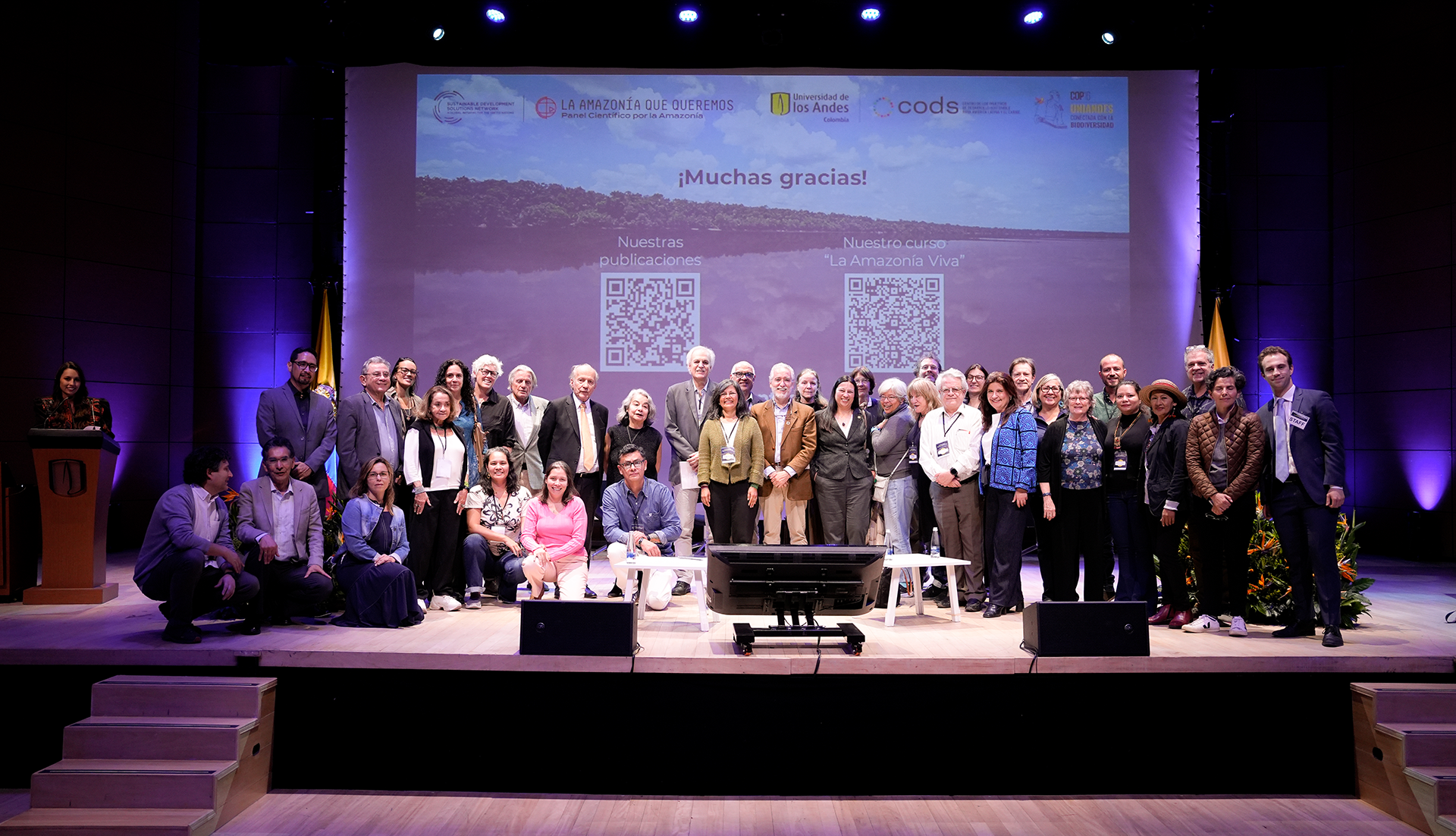

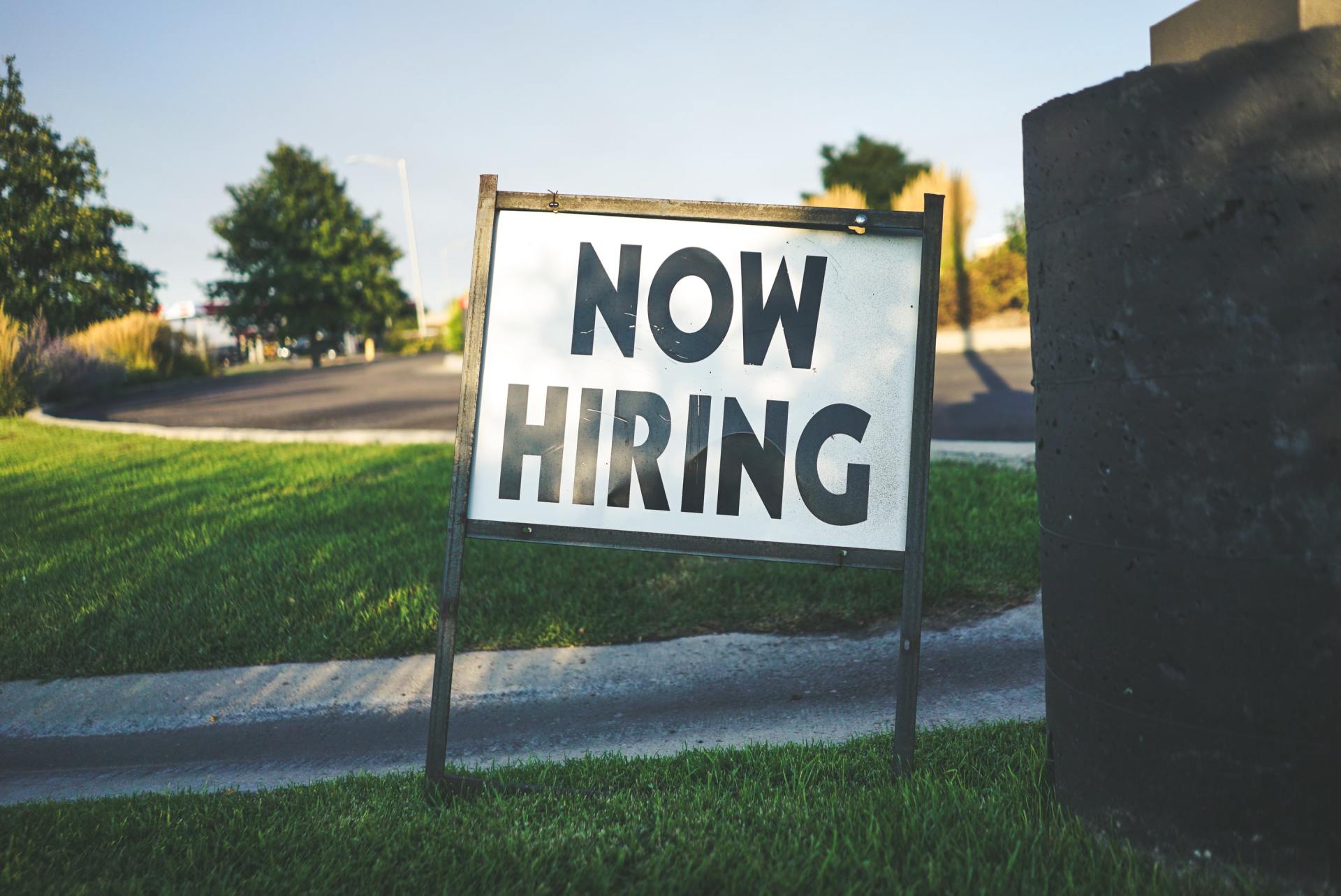
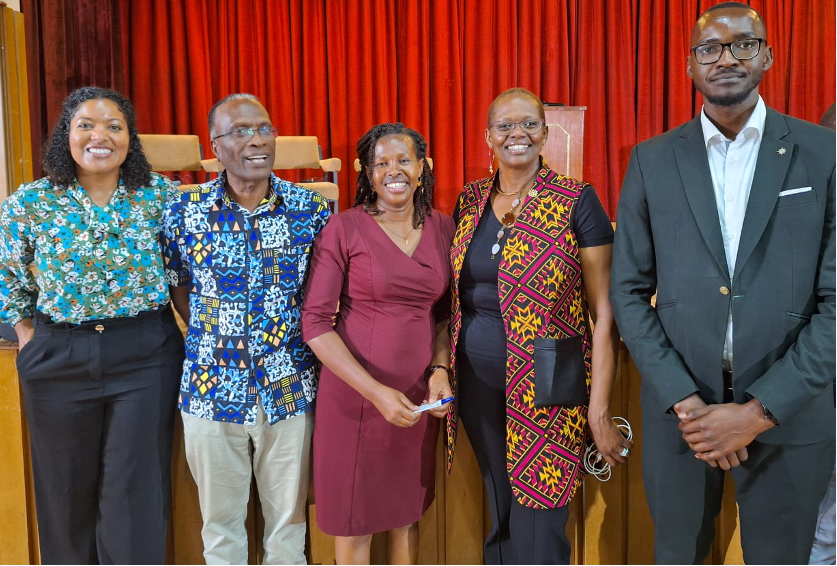
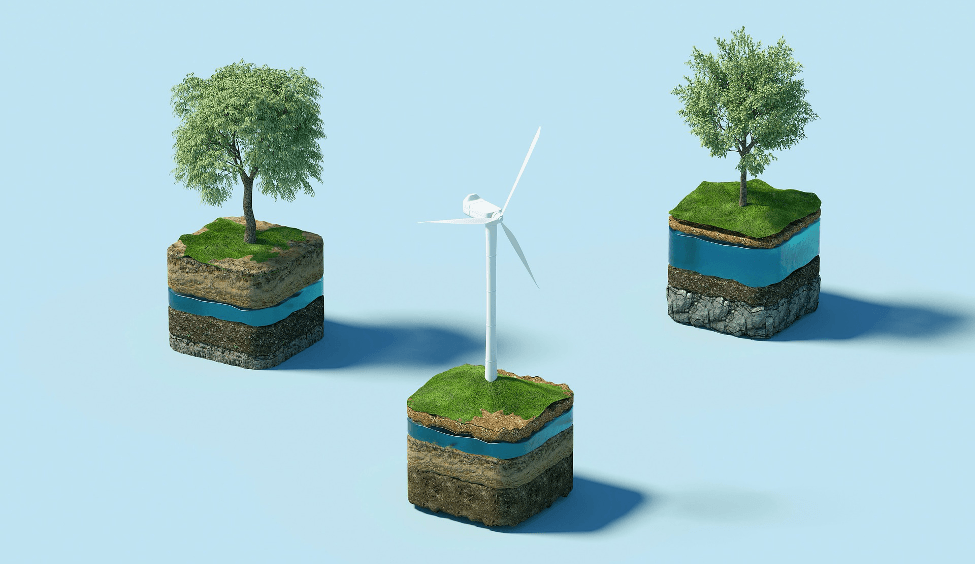
In June 2021, the EU adopted a European Climate Law , establishing the aim of reaching net zero greenhouse gas emissions (GHG) in the EU by 2050. The law sets an intermediate target of reducing GHG by at least 55% by 2030 compared to 1990 levels. The ‘ Fit for 55’ package is a set of policy proposals by the European Commission to achieve this 55% reduction target. In order for these proposals to come into effect, they must be jointly approved by the European Parliament and the Council.
The package includes a set of changes to existing policies, as well as new measures to reduce emissions. Some of the proposals included are:
The Commission’s proposals are an encouraging sign of the EU’s leadership in the transition towards carbon neutrality. The ‘Fit for 55’ package will help the region reduce its emissions and set it on a path towards achieving the Paris Agreement ambition of limiting global warming to 1.5 °C. Moreover, the package comes at a crucial time with a few months to go before the world heads into a new round of climate diplomacy at COP26 in Glasgow. With a concrete framework under which to curb emissions, the EU stands to lead the global push to net-zero emissions by mid-century.
One of the key points of debate at COP26 will revolve around the role of carbon removal by natural sinks in the calculation of ‘net’ carbon emissions. While it is key to preserve, restore, and expand natural sinks, they should not be used to lower ambition levels for anthropogenic emissions reductions. Interestingly, the European Climate Law limits the contribution of net removals to the 2030 climate target to 225 million tonnes of CO₂ equivalent. Therefore, any carbon removals beyond this point can only be used to go further than the 55% reduction target. In this sense, reaching a carbon sink of 310 million tonnes of CO₂ could push the EU’s emissions reductions to 57% by 2030.
The proposal for a Carbon Border Adjustment Mechanism (CBAM ) is a particularly hopeful measure for reducing global carbon emissions. By putting a carbon price on imports of iron and steel, cement, aluminum, fertilizers, and electricity, the Commission hopes to avoid carbon leakages, while at the same time encouraging exporting countries to raise their climate ambition levels. If adopted, CBAM would increase the coherence between the EU’s domestic climate policies and its trade with developing countries. SDSN’s Europe Sustainable Development Report 2020 has underscored the urgency of tackling international spillover effects, including the CO₂ emissions embodied in trade. The report’s Spillover Index showed that most European countries generate large negative impacts abroad, undermining the world’s ability to achieve the Sustainable Development Goals (SDGs). For example, average CO₂ emissions embodied in imports in the EU have grown from 1.44 tCO₂ per capita in 2000 to 1.81 tCO₂ in 2015. Besides tackling these negative spillover effects, the EU needs to address the impacts of its Green Deal policies on developing countries by setting up partnerships with countries affected. Europe has the potential to strengthen the sustainable transformations in low- and middle-income countries, if it engages in strong European Green Deal diplomacy.
Some of the most ambitious measures in the policy package are related to transport . The Commission’s proposal to ban the sale of carbon emitting cars from 2035 is a drastic, yet welcome measure. These standards for more sustainable vehicles are coupled with a requirement for Member States to install charging and fueling points at regular intervals on major highways: every 60 kilometres for electric charging and every 150 kilometres for hydrogen refueling. The Commission also hopes to reduce emissions from transport by including road transport in a new emissions trading system (ETS). This may become one of the most controversial measures in the package, due to fears of mounting costs for consumers. Additionally, the concept of the circular economy must be further developed to ensure that battery supply chains and end of life product management are developed to support this technology shift.
To limit the social impact of these measures, the Commission introduced the Social Climate Fund : a proposal to provide funding to support citizens by investing in energy efficiency, new heating and cooling systems, and cleaner mobility. The Fund would be financed by the EU budget, using an amount equivalent to 25% of the expected revenues of emissions trading for buildings and road transport. It is questionable whether the Social Climate Fund will suffice to Leave No One Behind (LNOB) and protect the most vulnerable against the higher costs due to climate mitigation measures. SDSN’s LNOB Index , presented in the Europe Sustainable Development Report 2020 , showed that some indicators are not moving in the right direction in most European countries. For instance, the EU’s share of people in work but at risk of poverty increased from 8.6% in 2010 to 9.3% in 2019. It is vital that the EU’s climate measures do not exacerbate these social inequalities.
The SDSN European Green Deal Senior Working Group will further analyze the Fit for 55 package, together with other Green Deal policies, and publish a report in early 2022. Machine learning techniques will be used to cross map the European Green Deal and the National Recovery and Resilience Plans with the SDGs. Ahead of that report, stay tuned for Policy Brief we will publish in partnership with Enel Foundation titled Implementing the European Green Deal through Transformational Change , to be published this fall.
It remains to be seen how these policy proposals will evolve during negotiations between the European Parliament and the Council, which may take two years to conclude. Even more importantly, the success of the package will depend on the Member States’ willingness to embark on this trajectory by introducing domestic legislation and deploying significant additional investments from national budgets. However, with the Fit for 55 package, the EU is already taking on a pioneering role by setting out concrete milestones for a pathway towards carbon-neutrality. This European leadership comes at a welcome moment, three months before the ‘make or break’ climate talks at COP26.





Get our latest insights, opportunities to engage with our networks, and more.
SDSN mobilizes global scientific and technological expertise to promote practical solutions for sustainable development, including the implementation of the Sustainable Development Goals (SDGs) and the Paris Climate Agreement.
Paris
19 rue Bergère
75009 Paris
France
+33 (0) 1 84 86 06 60
New York
475 Riverside Drive
Suite 530
New York NY 10115 USA
+1 (212) 870-3920
Kuala Lumpur
Sunway University
Sunway City Kuala Lumpur
5 Jalan Universiti
Selangor 47500
Malaysia
+60 (3) 7491-8622